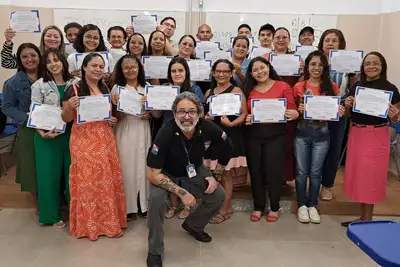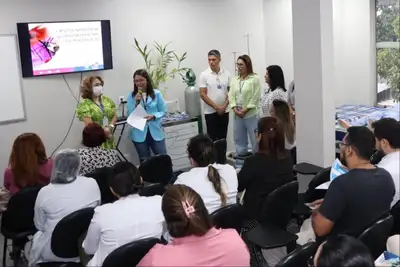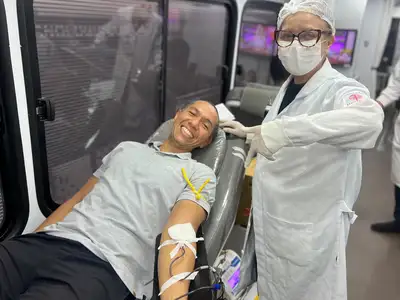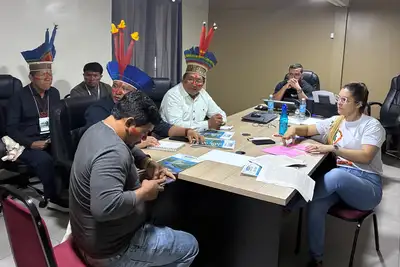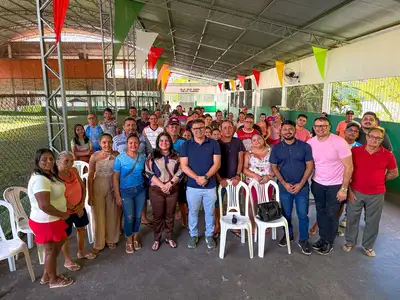Sustainable Livestock Farming Program advances with PRIMI's adherence and strengthens livestock farming in Pará
Pioneering partnership between the Government of Pará and the private sector integrates traceability and competitiveness for economic development
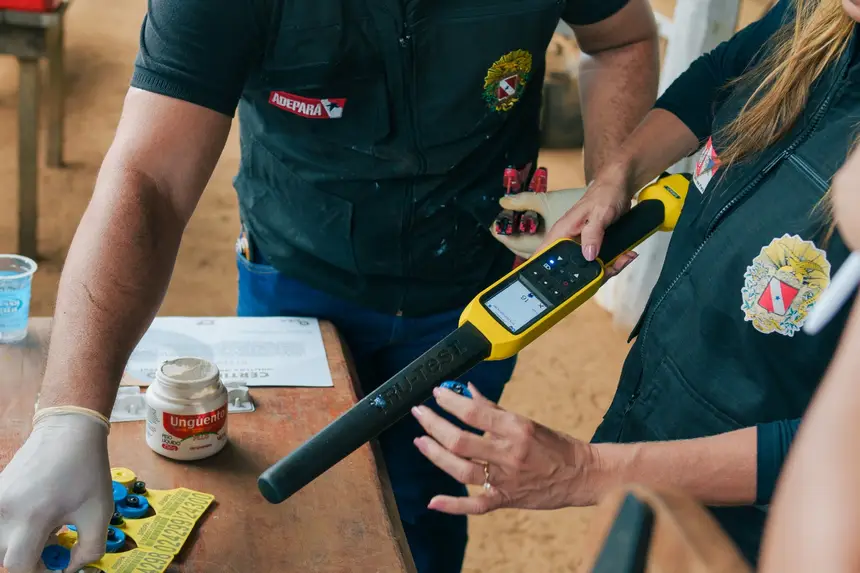
The Sustainable Livestock Farming Program of Pará advances with the adherence of the Individual Traceability and Monitoring of Indirects Program (PRIMI), in partnership with the Rio Maria slaughterhouse, to the Individual Traceability System for Cattle and Buffaloes of Pará (SRBIPA). This integration represents a decisive step in consolidating a more productive, valued, and environmentally responsible livestock farming, reinforcing the state's commitment to the sustainable development of the sector.
The partnership between the State Government, through the Agricultural Defense Agency of Pará (Adepará), and PRIMI is the first initiative of its kind aimed at strengthening the state traceability program. The initiative integrates efforts to promote the sanitary safety of the herd, improve property management, and increase transparency in the production chain, with actions aligned with environmental sustainability, land regularization, and technological innovation in the field.
Traceability and transparency in the field – The integration between the two programs accelerated the implementation of individual identification tags in the herd, leading the initiative to surpass the mark of 270 thousand units applied even before the first phase of the new law comes into effect on January 1, 2026, which will require the registration of animals with each movement. The result consolidates a milestone for the sector, demonstrating the reach and advancement of the Sustainable Livestock Farming Program throughout the state.
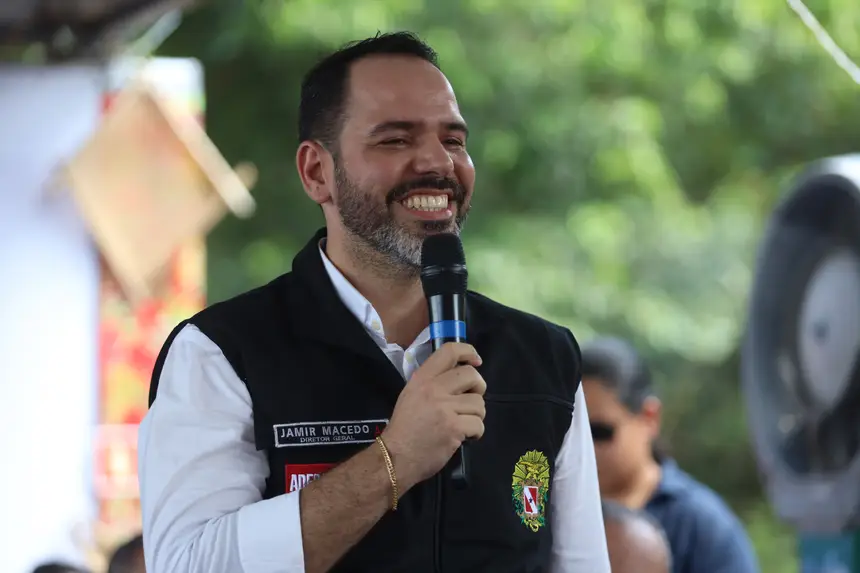
“The individual identification program for Pará's cattle is essential for accessing markets with integrity, transparency, and food safety in the livestock chain. One of the pillars of this initiative is support for small producers, which enables increased productivity and the appreciation of the product through traceability. The adherence of PRIMI expands the program's reach and offers livestock farmers new participation opportunities,” highlights the General Director of Adepará, Jamir Macedo.
Integrated sustainability and competitiveness – PRIMI, which has already implemented individual identification in over 100 Pará properties, works on monitoring and environmental and land regularization, ensuring that Pará's livestock farming develops legally and regularly. This creates a production chain with full socio-environmental compliance, adds value to the final product, and expands access opportunities to more demanding markets.
“By joining forces with the Sustainable Livestock Farming Program, we show that sustainability and increased productivity go hand in hand,” emphasizes Thiago Witzler, director of PRIMI. “Our focus is to ensure that Pará's production is fully compliant with the Forest Code and all environmental regulations. We are building a model that effectively combats deforestation, not just in theory, but with concrete results in the field.”
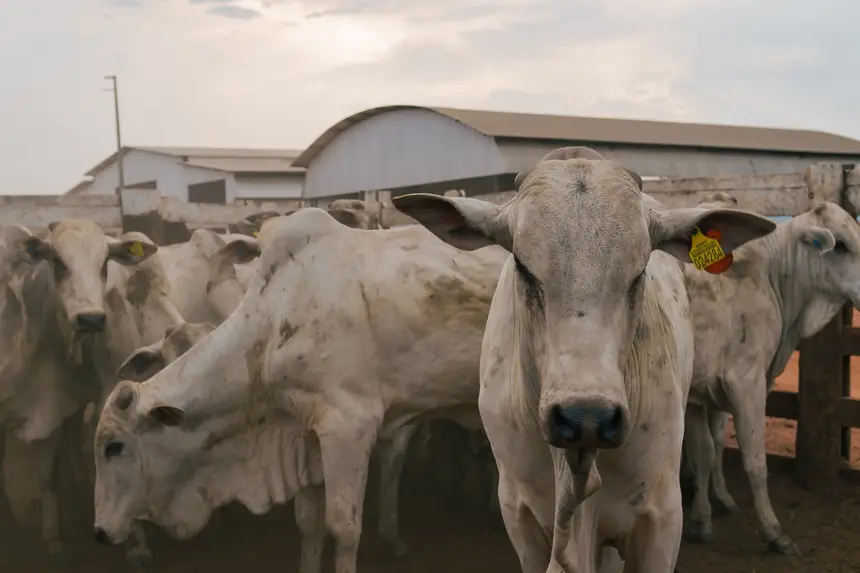
National reference model – According to Fábio Medeiros, director of Strategic Partnerships in Livestock at The Nature Conservancy, the integration between government, private sector, and civil society shows how a public policy can enhance initiatives that benefit all links in the production chain. “The union of efforts in the individual tracking of animals creates transparency, protects the forest, facilitates access to markets, and attracts investments. The Amazon is key to the climate, and Pará leads with solutions that unite productivity and sustainability,” he states.
With the integration, Pará strengthens its objectives in the sustainability agenda, showing the way for a rural economy that does not encroach on the forest, ensuring equal conditions in the market, legal security, and competitiveness for producers. The alliance consolidates the state's position as a leader in building an integrated strategy that combines economic development, sanitary safety of the herd, and environmental protection.



